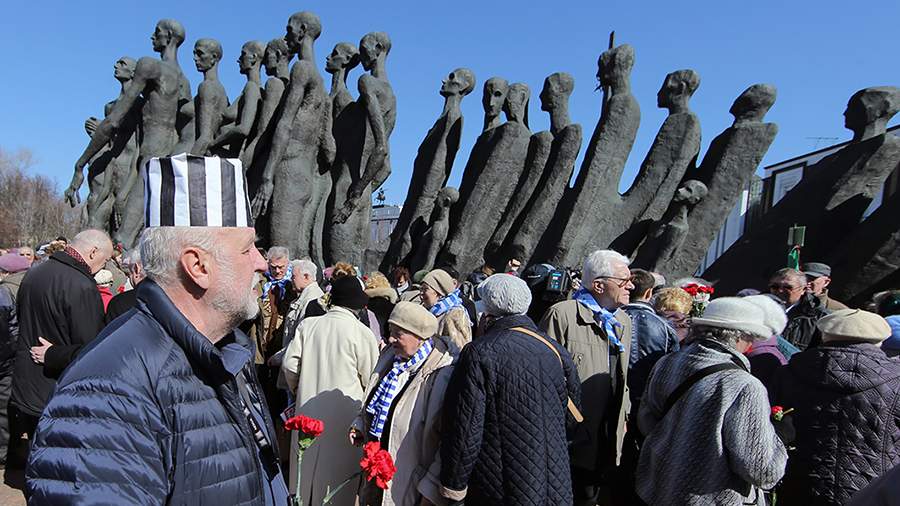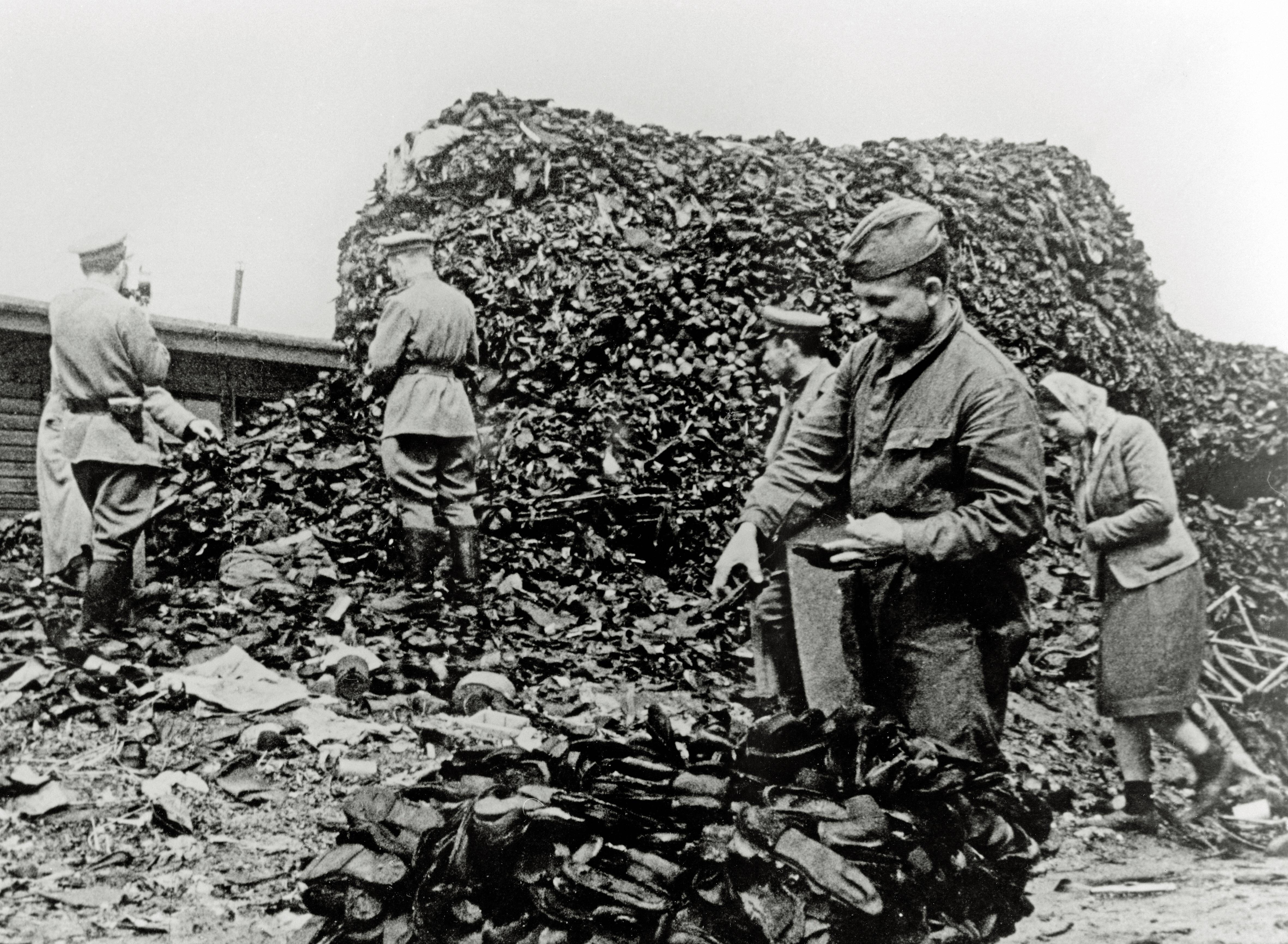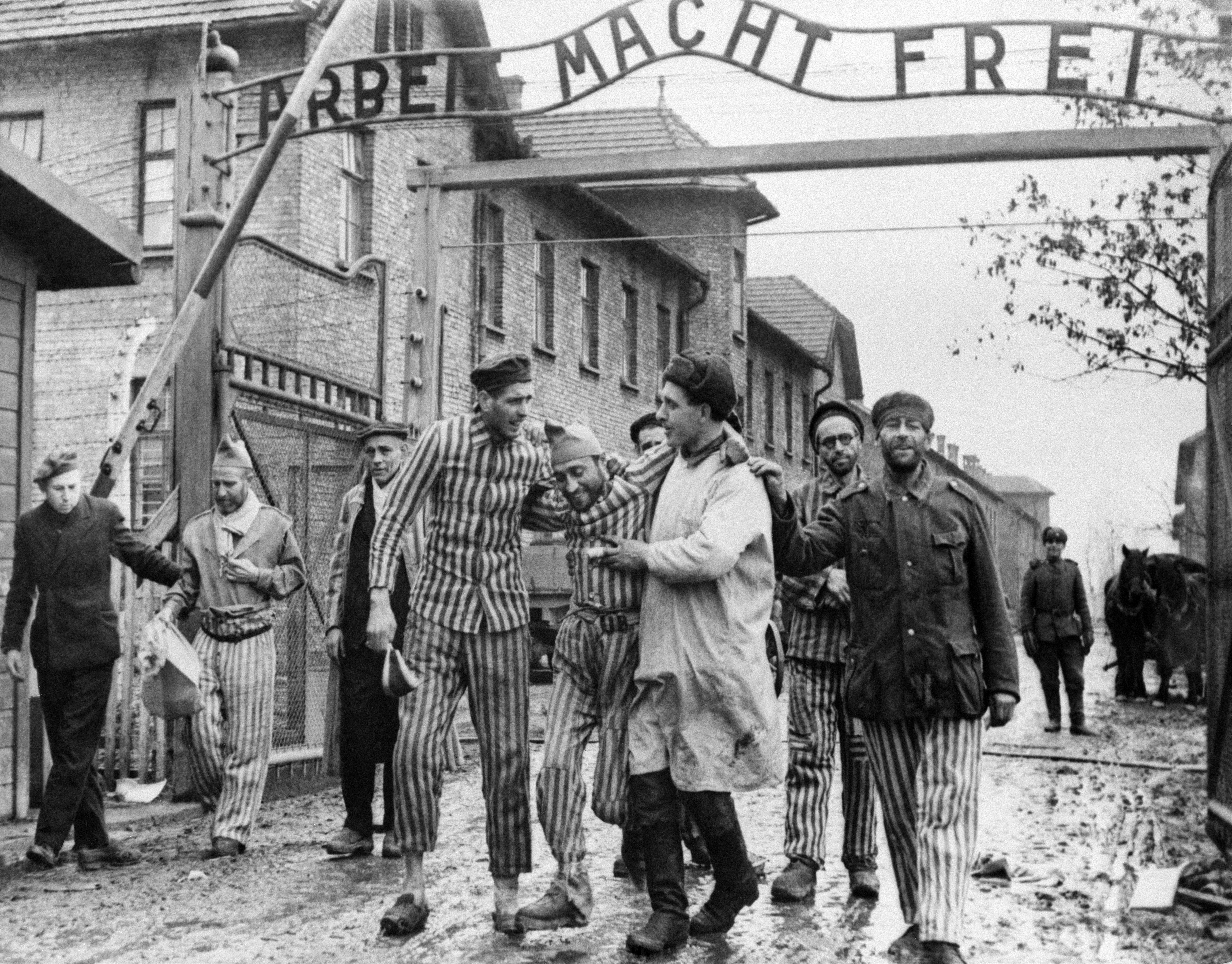An important holiday on April 11 is the International Day of Liberation of Prisoners of Nazi Concentration Camps in 2025.
- Новости
- Local news
- An important holiday on April 11 is the International Day of Liberation of Prisoners of Nazi Concentration Camps in 2025.

Every year on April 11, Russia and other countries celebrate the International Day of Liberation of Prisoners of Nazi Concentration Camps. In 2025, the memorable date falls on Friday. Izvestia tells us what historical events are connected with it and how the memory of death camp prisoners is honored.
International Liberation Day of Nazi Concentration Camps in 2025 — history
Concentration camps are places of mass incarceration of people, where they were sent on political, social, racial, religious and other grounds. They became particularly widespread during the Second World War in Germany, as well as in the territories occupied by Nazi troops. In total, about 14 thousand such camps operated during the war years. Over 18 million people became their prisoners. More than 11 million of them never returned home.
Initially, the prisoners of the camps were the Germans themselves, who opposed the Nazi regime, as well as members of the communist parties. However, as the policy of the Third Reich tightened and fascist ideology intensified, representatives of other nationalities, as well as prisoners of war, began to enter concentration camps. Prisoners of the camps were tortured, starved, burned alive, poisoned in gas chambers, and used as experimental subjects for medical experiments. Those who managed to survive often died of disease, starvation, and exhaustion.

One of the most famous concentration camps was Buchenwald, located in the eastern part of Central Germany. More than 250 thousand people became its prisoners, about 56 thousand of whom died. Among the prisoners were German anti-fascists, as well as Czech, Polish, French, Belgian and Spanish prisoners. After the German invasion of the USSR, Soviet military personnel and political workers began to enter the concentration camp. The Latin letter R in a red triangle was placed on their prison uniforms. The red triangle indicated the prisoner's political status, and the letter R stood for "Russian."
Despite the terrible conditions, hunger, and brutality of the guards, the Buchenwald prisoners did not want to give up without a fight. Under the leadership of German communist Walter Barthel and Soviet border guard Nikolai Simakov, underground groups were formed that had been preparing for an armed uprising for several years.
In April 1945, German troops were defeated in all directions of the front. An American division was moving towards Buchenwald. The camp management decided to evacuate. Prisoners called such events "death marches", as exhausted prisoners were forced to travel huge distances, as a result, many did not live to see the end of the route. However, the underground saw this as a chance for an offensive. They began to actively resist the guards, ignoring orders and sabotaging the removal of prisoners.
On the night of April 7-8, Polish Guidon Damazin and Russian Konstantin Leonov sent a message to American troops using a radio transmitter hidden in the cinema hall. The signal was received, and the prisoners were promised support in the near future.
By April 10, the situation had escalated to the limit, the underground decided to act before the arrival of help. They seized the towers and security facilities, and the camp came under the control of prisoners. On the afternoon of April 11, the American military entered Buchenwald, which liberated the remaining sections of the camp. Subsequently, this date was recognized as the International Day of Liberation of Prisoners of Nazi Camps.
International Liberation Day of Nazi Concentration Camps in 2025 — April 11 events
On this day, commemorative events dedicated to the victims of the Nazis and concentration camp prisoners are organized around the world. People carry flowers to monuments and memorials, and memorial services are held in churches. Museums and foundations arrange meetings with camp prisoners and soldiers who participated in their release. The largest events are held in the memorial complex, erected on the site of Buchenwald.

Thematic events are also held in Russia. So, on April 9-27, the Victory Museum on Poklonnaya Gora in Moscow will host the exhibition "Family Heirlooms" dedicated to the International Day of Liberation of Prisoners of Nazi Camps. The exhibition will feature documents from one of Buchenwald's prisoners, Ivan Ishchenko. In 1991, he became deputy chairman of the Union of Former Juvenile Prisoners of Fascism.
Earlier, Izvestia told how the International Day of Remembrance of the Victims of Fascism is celebrated.
Переведено сервисом «Яндекс Переводчик»
